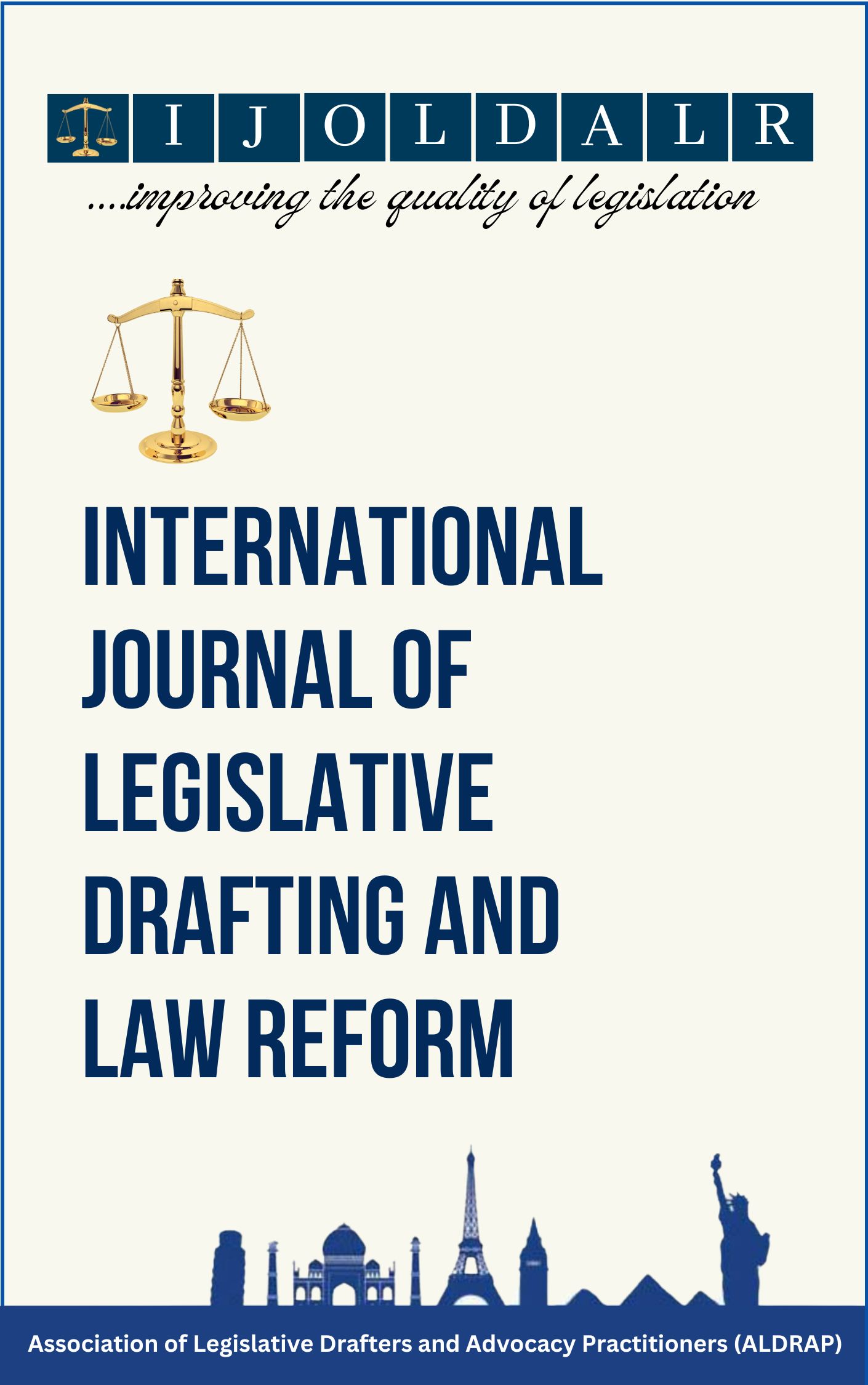Abstract
It is an important issue to consider under the proposed 21st Amendment to the Constitution whether the President should sign, ratify or accede to treaties in consultation with the Prime Minister. In this article, it is proposed to provide an analysis of this important issue by reference to current constitutional law and practices of Commonwealth countries.
Before I deal with this issue, it is useful to outline the importance of treaties as outlined in the following references: (Richard Ware, “Parliament and Treaties” in Parliament and International Relations, (1991), pp.37-48; Lord McNair, Law of Treaties, (1961), pp.83-94; Sir Kenneth Keith, ‘New Zealand Treaty Practice: The Executive and the Legislature’ (1964), 1 N.Z.L.R., pp.277-281. J.E.S. Fawcett, The British Commonwealth in international law, (1963), at p.65; Anthony Aust – Modern Treaty Law and Practice, OUP UK 2006; F.A. Mann – Foreign Affairs in English Courts, OUP, UK 1986).



 National Library of Nigeria
National Library of Nigeria.jpg) Association of Nigerian Authors
Association of Nigerian Authors Nigerian Library Association
Nigerian Library Association EagleScan
EagleScan Crossref
Crossref